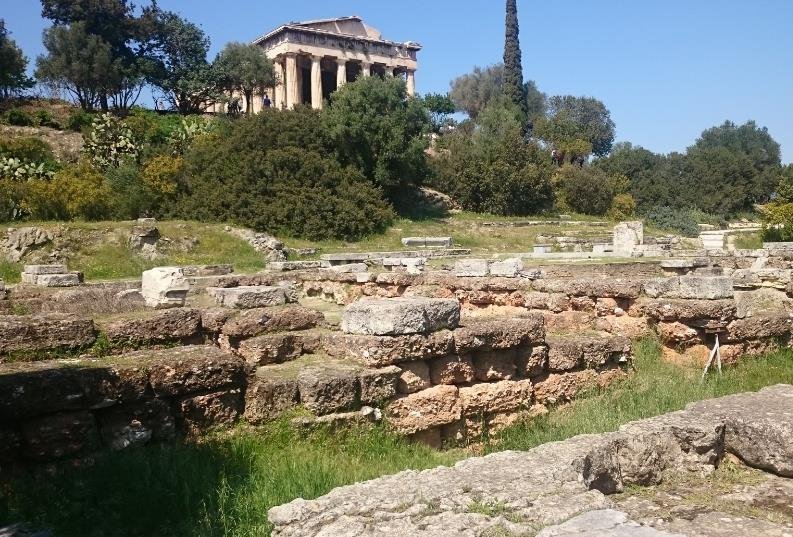Egypt and Turkey have agreed to enhance their economic and political cooperation during the first visit of Turkish President Recep Tayyip Erdogan to Cairo in more than a decade. The two countries, which have been at odds for years over various regional issues, have expressed their willingness to overcome their differences and work together on common interests and challenges.
Erdogan arrived in Cairo on Wednesday for a two-day visit, where he was received by his Egyptian counterpart Abdel Fattah El-Sisi at the presidential palace. The two leaders held talks on a range of topics, including the war in Gaza, the situation in Libya and Syria, the energy cooperation in the eastern Mediterranean, and the human rights and democracy in both countries.
The visit marks a milestone in the Egyptian-Turkish relations, which have been strained since the 2013 military coup that ousted the Islamist president Mohamed Morsi, who was backed by Ankara. Egypt and Turkey have also supported opposing sides in the conflicts in Libya and Syria, and have clashed over the maritime boundaries and gas exploration rights in the eastern Mediterranean.

However, the two countries have recently sought to mend ties and resume dialogue, amid the changing regional and global dynamics. Egypt and Turkey have exchanged ambassadors and held several rounds of talks to resolve their outstanding issues and restore trust. They have also coordinated their positions on the war in Gaza, where they have both called for an immediate ceasefire and the lifting of the Israeli blockade.
Egypt and Turkey Sign Joint Declaration to Boost Trade and Investment
One of the main outcomes of the visit was the signing of a joint declaration to enhance the economic and trade cooperation between Egypt and Turkey. The declaration outlined several areas of mutual interest and benefit, such as banking, energy, tourism, agriculture, industry, and transportation. The declaration also expressed the intention to establish a free trade zone and a joint investment fund between the two countries.
Egypt and Turkey have a significant trade volume, which reached $9.7 billion in 2020, making Turkey the first trade partner of Egypt in Africa and the fifth in the world. However, the trade balance is in favor of Turkey, which exported $6.2 billion worth of goods to Egypt, while importing only $3.5 billion. The two countries aim to increase their trade volume to $15 billion in the short term, and to achieve a more balanced and diversified trade structure.
The declaration also emphasized the importance of enhancing the private sector’s role and participation in the economic and trade cooperation, and facilitating the exchange of information and expertise. The two countries agreed to hold regular meetings of the joint economic committee and the business council, and to organize trade fairs and exhibitions to promote their products and services.
Egypt and Turkey Face Challenges and Opportunities in Rebuilding Ties
The visit of Erdogan to Cairo has been widely welcomed by the political and business circles in both countries, as well as by the international community, which has praised the efforts to restore the Egyptian-Turkish relations and to foster regional stability and security. The visit has also been seen as a sign of Turkey’s shift in its foreign policy, which has been marked by tensions and disputes with several countries in the Middle East and beyond.
However, the visit also faces some challenges and obstacles, as the two countries still have some disagreements and differences on some issues, such as the role of the Muslim Brotherhood, the situation in Libya and Syria, and the human rights and democracy in both countries. Erdogan has said that he would raise these issues with El-Sisi, and that he expects a positive response from him. El-Sisi, on the other hand, has said that he respects Turkey’s sovereignty and does not interfere in its internal affairs.
The two countries also face some external pressures and influences, as they have to balance their relations with other regional and global actors, such as the Gulf states, Iran, Russia, the US, and the EU. Egypt and Turkey have to consider the interests and expectations of their allies and partners, and to avoid any actions that could harm or undermine their relations with them.
The way forward for Egypt and Turkey is not easy or clear, but it requires a sincere and constructive dialogue, and a pragmatic and realistic approach. The two countries have to build on their common interests and challenges, and to respect their differences and diversity. The two countries have to seize the opportunities and potentials that exist within their economies and societies, and to contribute to the peace and prosperity of the region and the world.
